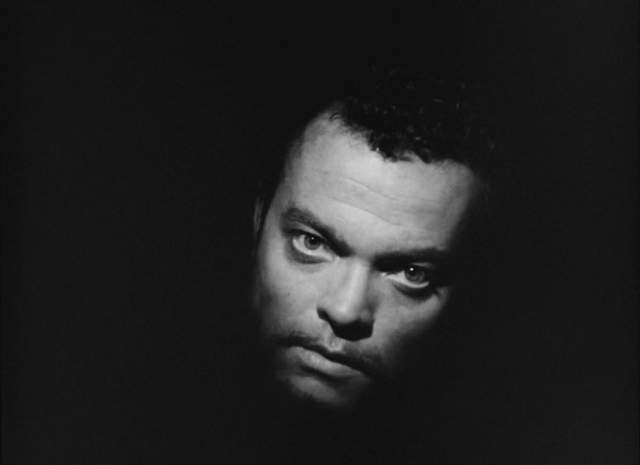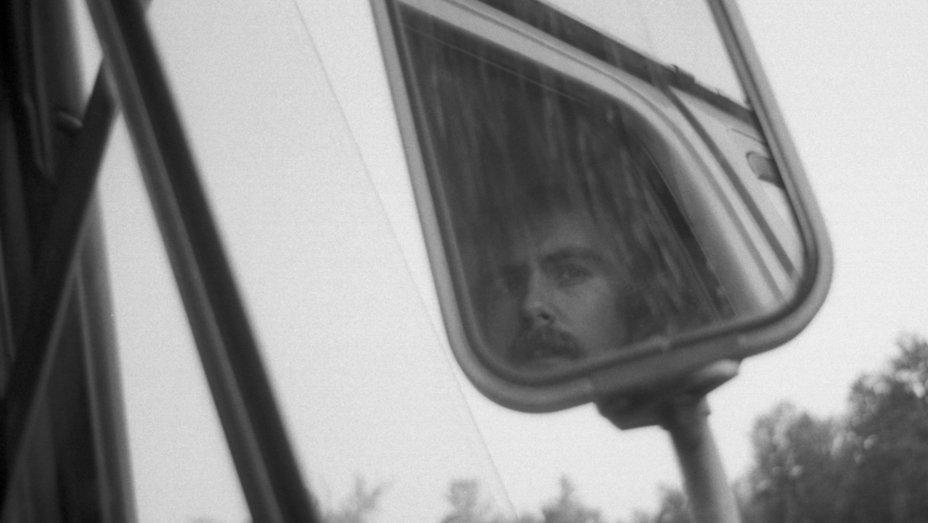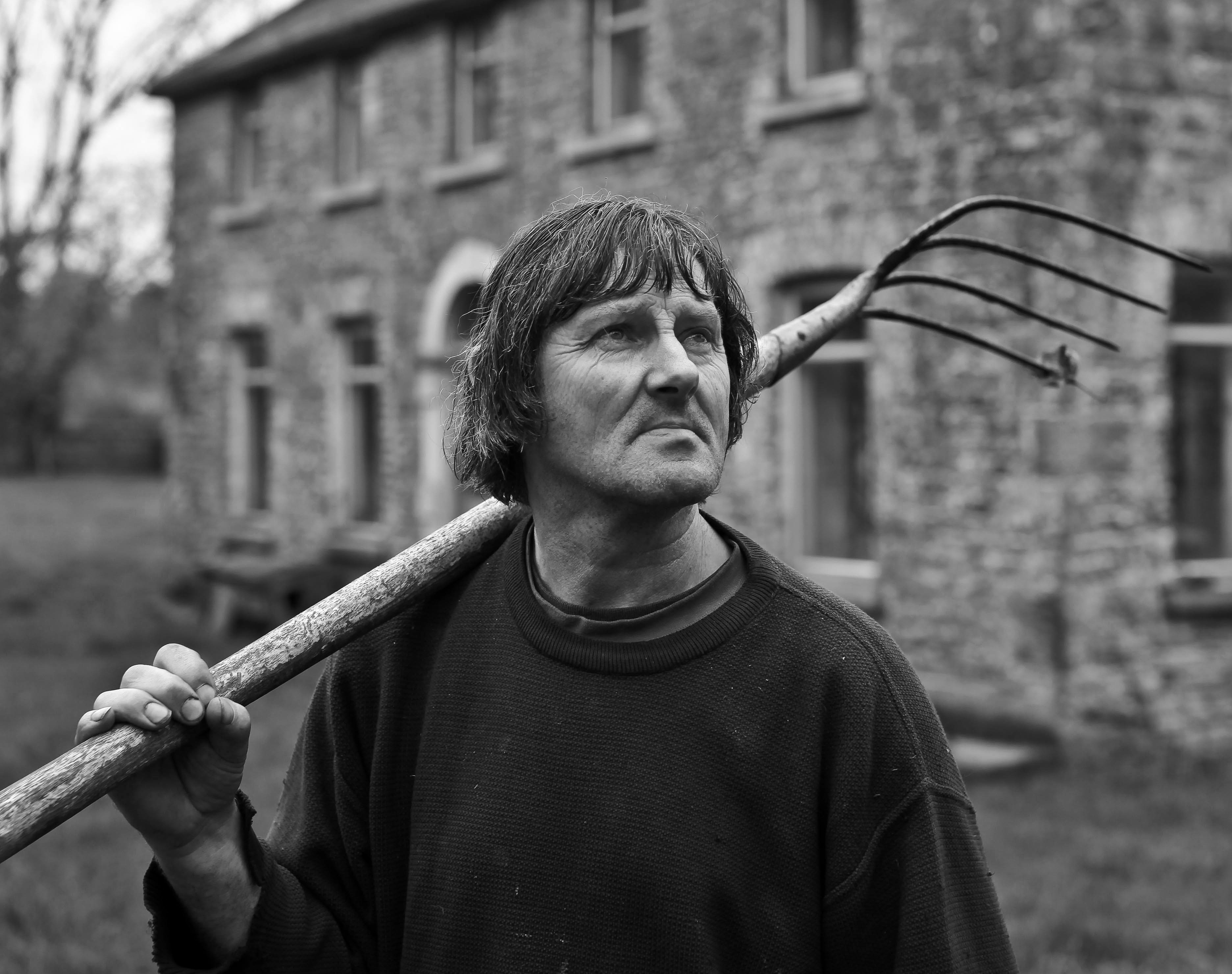Like a giddy lover, The Eyes of Orson Welles only has eyes for Orson Welles. Mark Cousins’ latest cinematic essay is a swooning, engaged, delightful dive into Welles’ career and personal life and, in particular, his practice of looking, his visual vocabulary as expressed in mostly-lost drawings and, of course, the construction of those fabulous frames. If the film is also under-edited and at times over-earnest, then this can be forgiven. Anyone who’s ever penned a love letter knows how easily they can get away from you. The Eyes opens with a sealed box, a mystery like Rosebud, retrieved from…
-
-
Maurice Sweeney didn’t want to make a Spotlight special, lost in the evening television schedule, he tells the audience after a screening of I, Dolours, his hybrid documentary about Dolours Price, the late Provisional IRA volunteer, bomber and hunger striker. He wanted to make a movie. Party it’s strategic: a movie gets a slot at doc festivals like Pull Focus, attracting a packed multiplex audience. Partly it’s a way to use story-telling to do justice to Price’s extraordinary story of a life as a Republican soldier. On this ambition, the often-harrowing film is half-successful. I, Dolours tells the story of the Troubles and…
-
Outlining an ethics of documentary making in The Image You Missed, the late, acclaimed film-maker Arthur MacCaig (via Ernest Larsen’s crisp, twangy voiceover) describes the subject of the lens’ gaze as one who is forced to ‘account for themselves’ — their choices and responsibilities and lived experience. Who are you? And why are you doing what you’re doing? McCauley’s son Donal Foreman, Image’s director and editor, uses his own film to turn the camera’s scrutiny back on his absent father, producing an engaging, clever consideration and critique of MacCaig’s legacy, of political docs more generally, and of the subtle differences between looking at…
-
The word ‘foreign’ is used a lot in The Lonely Battle of Thomas Reid, Feargal Ward and Tadhg O’Sullivan’s portrait of a Kildare farmer holding out against the Irish state’s property vultures. Mostly it’s in the context of ‘foreign direct investment’, or FDI, the economic incentive at the heart of Thomas Reid’s problems. The socially isolated farmer’s home is in the sights of electronic manufacturer Intel, who want to expand their local factory facility. As explained by a representative from Ireland’s Industrial Development Agency, the arm of the state responsible for scouting and securing land for multi-nationals, the farm is ‘really the most appropriate’ site for…




